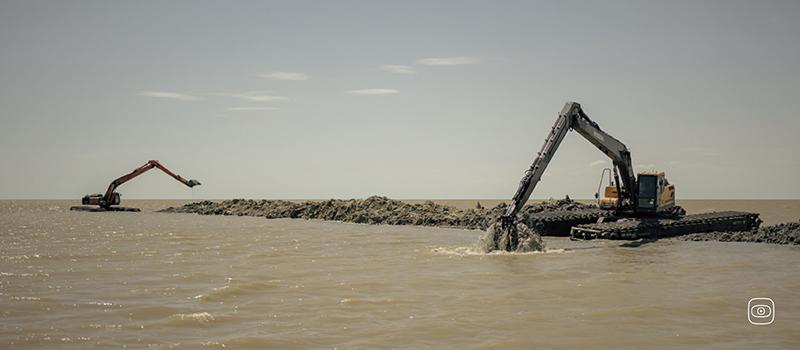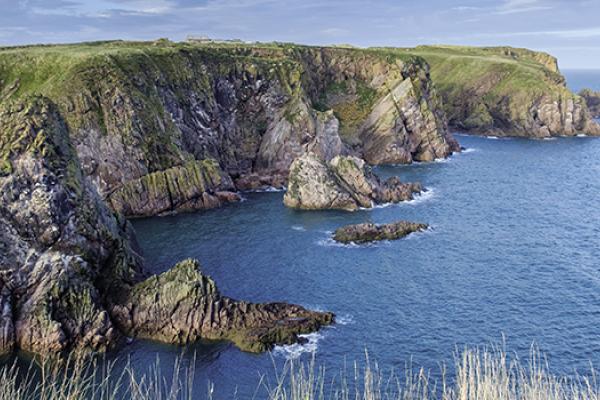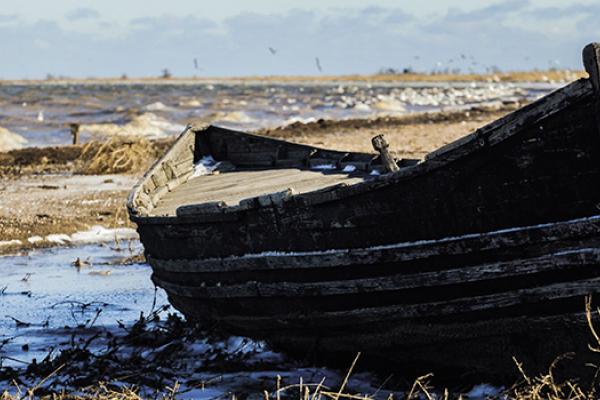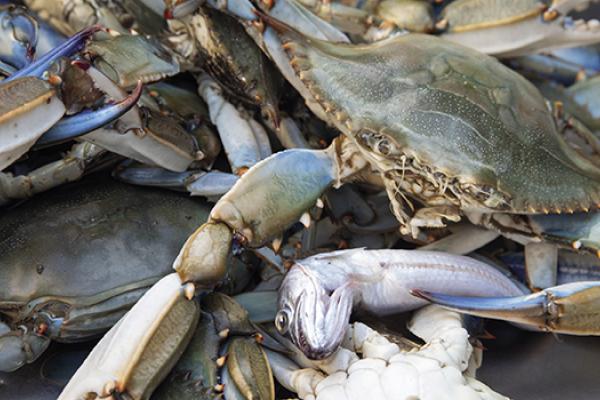The Caspian Sea heavily relies on water inflow from the Volga, which is hindered by dams and diversions. Climate change exacerbates the issue with increased evaporation, while pollution from industrial activities harms this unique ecosystem. The sea level has dropped nearly 2 meters since the mid-1990s, affecting the shallower northern basin and risking near-total drying by the century’s end. Coastlines have shifted up to 50 km, impacting human and economic activities, including the oil industry.
However, political responses fall short of addressing the unprecedented threats to the sea's future. Warring Russia has used its dominant regional position to prioritize its economic needs in the Volga and Ural basins over environmental concerns and issues raised by riparian countries. Kazakhstan, the most affected country, has attempted to address the mismanagement of transboundary water resources without success.
To investigate the phenomenon, Natalia Paramonova and Vladimir Sevrinovsky traveled to the Russian provinces of Dagestan and Astrakhan, while Clément Girardot and Julien Pebrel visited communities in the Atyrau region of Kazakhstan.
Photo: Dredging activity at the mouth of the Ural river. (c) Julien Pebrel/MYOP








